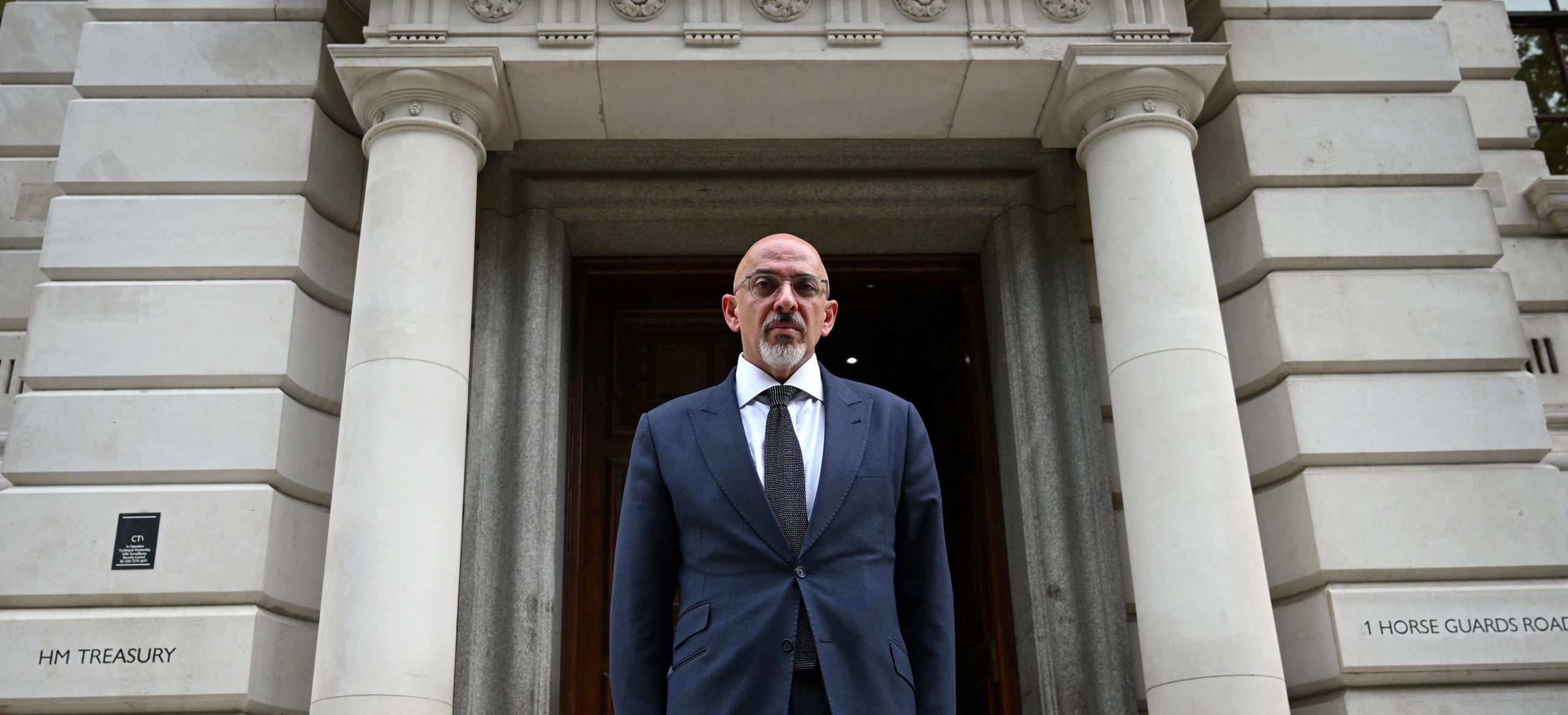Much surprise has been expressed at Nadhim Zahawi’s acceptance of the Chancellorship of the Exchequer at a time when the Johnson government’s prospects are generally judged to be dismal. Zahawi has a chance of becoming Prime Minster one day, the thinking goes, so why would he accept high office right now, thus risking his personal reputation, instead of waiting it out?
Of course, there are many reasons why Zahawi might have thought it was a good time to accept further preferment. He might not believe that the government is going to collapse any time soon, or he might have calculated that a spell in No. 11 would enhance his profile, and hence his chances of becoming Prime Minister. Or perhaps he remembered the old adage that the Tories dislike disloyalty above all else (a somewhat dubious dictum in light of the present happenings, but nevertheless).
A far simpler explanation is that he really really really wanted to be Chancellor. In politics many are called but few are chosen, and despite his generally good political prospects, Zahawi must have known that this might be his only chance to occupy the second highest office of the land. At the moderate age of 55, he might be offered high office again, but his political career might equally die off on the backbenches. Being the finance minister of a G7 country is something that can never be taken away from him.
Nor are politicians the only ones willing to abase themselves for a short stint of high office. In 1921, Lloyd George was looking for a seat warmer for the Lord Chief Justiceship, which he had promised to one of his cronies in a year’s time. Two geriatric judges, A. T. Lawrence and Charles Darling, competed for the dubious honour, knowing that it was their only chance to reach the top of their profession.
Darling, whose great distinction in life was the authorship of a volume of legal jokes, begged pathetically for the post — just “for a little time—even for ten minutes”, but was nevertheless passed over. Lawrence was duly appointed, though not before furnishing an undated letter of resignation. He learned of his retirement eleven months later, in a taxi to his courtroom whilst reading The Times. But he got the peerage which goes with the job, and his great-grandson is now a member of the House of Lords.
But not all such stories have a happy ending. The son of a Lord Chancellor, Charles Yorke had been destined for the highest offices of state since his birth. But he had promised his Whig friends that he would not serve under the Whig government of the Duke of Grafton (they were all Whigs in those days). Thus, when he was offered the lord chancellorship by Grafton, he was in some difficulty.
Tormented by the clash between his ambition and his loyalty, Yorke refused twice before being badgered into accepting by George III, who told him he would never get the job again if he refused. He accepted, but died three days later in great torment. Contemporary gossip held that he had killed himself out of shame, though a more trustworthy account points to indigestion after a big dinner.
Of course, not all politicians are so unscrupulous. The eighth Duke of Devonshire turned down the premiership not only once, not twice, but three times. The first time because Gladstone would not serve under him, the second and third times because he was waiting for Gladstone to die off, which he thought would help to preserve the union of Great Britain and Ireland. But when you are an eighth duke, knowing that there was a seventh duke before you and a ninth duke after you die, you can afford to take the longer view once, or even three times. Nadhim Zahawi and the rest of us will have to take our best shot when we get the chance.











Join the discussion
Join like minded readers that support our journalism by becoming a paid subscriber
To join the discussion in the comments, become a paid subscriber.
Join like minded readers that support our journalism, read unlimited articles and enjoy other subscriber-only benefits.
Subscribe